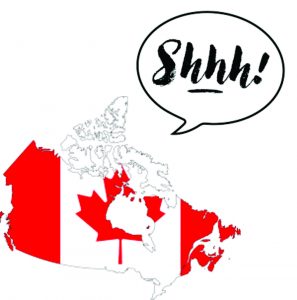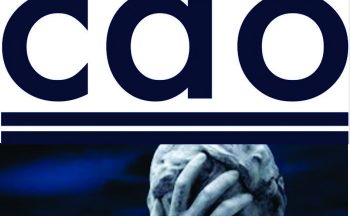 March 2021
March 2021
Canada has a tradition of secrecy. Governments and their agencies gather information of all types and only share pieces when they feel it is in their interest to do so.
COVID is a rare instance when this was made clear to all. Despite having all types of data on the impact of COVID, very little was made public. Our limited access to information makes it impossible to understand exactly what was happening. In Ontario we learned that health agencies were prohibited from sharing information and guidance they were providing to government.
This contrasts with the United States where information gathered by government agencies must be made public in ways that protect privacy and anonymize personal data. This has resulted in greater insights, data analytical tools and innovation fueling commerce in ways that make them the envy of most countries.
Closer to home, the Condominium Authority of Ontario (CAO) has embraced the Canadian tradition of secrecy. Their public registry is an online database of information gathered from the more than 11,000 condominium corporations across Ontario. Yet nobody seems to know just how many condominium corporations exist in Toronto or how this breaks down by building size, age or other factors. Posting this information online in the manner they have chosen may possibly achieve some internal disclosure objective. It remains unclear what practical purpose is served by this registry or how it is to be utilized.
Whatever reasons exist for this public registry, it appears clear that transparency, disclosure and helping communities to improve are not high on the list.
It is common for condo residents to be dissatisfied with the level of communication from condo boards and management. Where secrecy exists, they follow the Canadian tradition.







